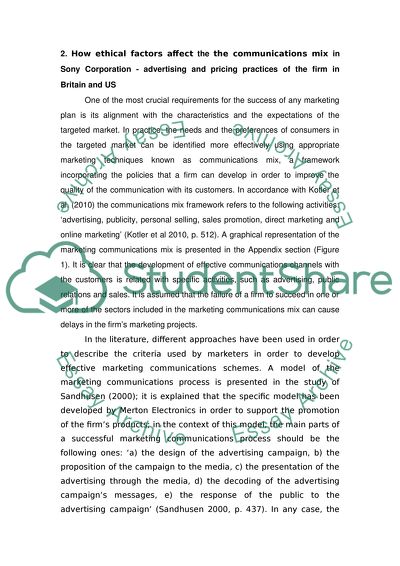Cite this document
(“Critically analyse how ethical factors affect the communications mix Essay”, n.d.)
Retrieved from https://studentshare.org/environmental-studies/1405662-critically-analyse-how-ethical-factors-affect-the
Retrieved from https://studentshare.org/environmental-studies/1405662-critically-analyse-how-ethical-factors-affect-the
(Critically Analyse How Ethical Factors Affect the Communications Mix Essay)
https://studentshare.org/environmental-studies/1405662-critically-analyse-how-ethical-factors-affect-the.
https://studentshare.org/environmental-studies/1405662-critically-analyse-how-ethical-factors-affect-the.
“Critically Analyse How Ethical Factors Affect the Communications Mix Essay”, n.d. https://studentshare.org/environmental-studies/1405662-critically-analyse-how-ethical-factors-affect-the.


